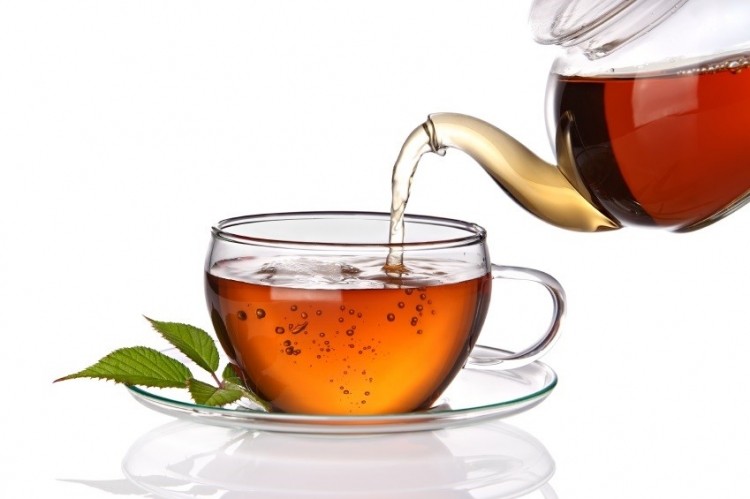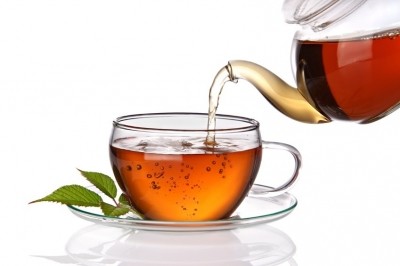Unilever on tea: ‘Available evidence supports tea and tea ingredients for mood and performance benefits’

The European Food Safety Authority (EFSA) has rejected both article 13.1 and 13.5 (submitted by Unilever) health claims petitions linking black tea consumption and improved mental focus.
Despite the rejections, Unilever continues to explore the science behind the beverage and its constituents (see http://www.nutraingredients-usa.com/Research/Unilever-breakthrough-may-open-up-tea-compound-s-brain-potential and http://www.nutraingredients.com/Research/Tea-compounds-may-boost-attention-span-Unilever).
A new review in the American Journal of Clinical Nutrition by Suzanne Einother and Vanessa Martens from Unilever Research and Development, Vlaardingen in the Netherlands found that the performance benefits of tea are supported by a number of studies, “with particularly consistent evidence for improved attention”, they said.
Furthermore, the beverage “consistently improved self-reported alertness and arousal”, they added.
“These studies showed the validity of laboratory findings by supporting the idea that tea consumption has acute benefits on both mood and performance in real-life situations.”
Einother and Martens first presented their review at the Fifth International Scientific Symposium on Tea and Human Health, which held at the USDA in Washington DC on 19 September 2012.
Tea facts
The majority of science on tea has looked at green tea, with benefits reported for reducing the risk of Alzheimer's and certain cancers, improving cardiovascular and oral health, as well as aiding in weight management.
Green tea contains between 30 and 40% of water-extractable polyphenols, while black tea (green tea that has been oxidized by fermentation) contains between 3 and 10%. Oolong tea is semi-fermented tea and is somewhere between green and black tea. The four primary polyphenols found in fresh tealeaves are epigallocatechin gallate (EGCG), epigallocatechin, epicatechin gallate, and epicatechin.
However, for Unilever, the focus has been on both L-theanine and caffeine. L-theanine, an amino acid found in tea leaves, is thought to help reduce stress, promote relaxation and improve the quality of sleep. L-theanine is found in tea leaves in low concentrations (less than 2%), which means that effective dosage levels (of 100 – 200mg/day) cannot be delivered from drinking tea.
Data
Various health effects have been associated with L-theanine, including relaxation, neuroprotective effects, and improved attention.
During rest, L-theanine increases alpha activity in EEG models - suggesting greater relaxation. Whilst the amino acid is known to induce changes in alpha activity that indicates increased attentional processing during tasks that require attention.
For the new review, Einother and Martens evaluated data from randomized control trials studying tea and mood or attention.
“From the totality of research on tea summarized […] it can be concluded that consumption of black tea may improve attention and self-reported alertness. These conclusions are further supported by studies on caffeine and on theanine and caffeine in combination,” they wrote.
In terms of tea and mood, the scientists noted that tea has been shown to have a positive effect on self-reported alertness and arousal. However, on the other hand, potential effects of tea on pleasure/hedonic tone and/or relaxation, have only been studied in a limited number of trials, with variable results.
“Research on the benefits of tea is promising for attention and alertness, although questions remain regarding the scope and magnitude of impact as well as the sensitivity of different individuals,” they wrote. “Whereas the bioavailability of both caffeine and theanine has been established, as well as the (suggested) mechanisms of action in the brain, the extent to which they actually cross the blood-brain barrier in humans and how much this is associated with (individual) changes in subsequent performance and mood measures are as yet unknown.”
Source: American Journal of Clinical Nutrition
Published online ahead of print, doi: 10.3945/ajcn.113.058248
“Acute effects of tea consumption on attention and mood”
Authors: S.J. Einother, V.E. Martens
















